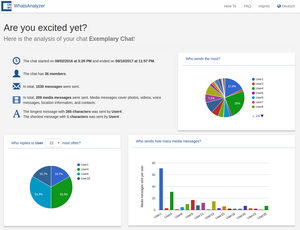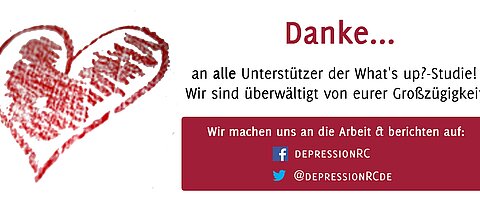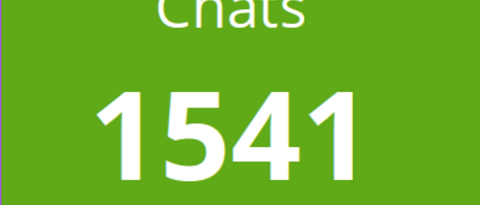Social Network Analysis
Research Area: Social Network Analysis
Research Area
We deal within the CAN group with the research field "Social Network Analysis". In online social networks (OSNs) users voluntarily provide information about themselves, their interests, their friends and their activities, especially about their current situation or exceptional events. Nowadays these so called social signals are ubiquitous and can not only be collected from OSNs (e.g., friendships, interests, trust-relevant metadata), but also from applications (e.g., messaging or call patterns) and sensors (e.g., location). Social awareness harvests these signals, extracts useful and re-usable information (e.g., users’ social relationships, activity patterns, and interests), and exploits them in order to improve a service. We develop new metrics, in order to identify important nodes in the social network. We investigate new communication paradigms emerging in group based messenger services. We optimize traffic management mechanisms by utilizing the information provided in social networks. | Researchers: |
Tool: WhatsAnalyzer

WhatsAnalyzer is a web-based tool to collect and analyze chat histories of the mobile messaging application WhatsApp. To protect the users’ privacy, the chats are anonymized during processing and only stored in that form. We implemented WhatsAnalyzer to investigate how group-based communication changes the activity patterns of multiple users. When evaluating communication technologies, models from the past (e.g., Poisson arrival process of end-to-end voice calls) cannot be directly used for nowadays applications (e.g., WhatsApp messages are exchanged in groups of users) and need to be adapted to integrate interaction of users on a smaller time scale. Therefore, we analyze the group communication behavior in WhatsApp and investigate possible implications of this emerging communication paradigm on networking technology.
The tool is open for everyone and can easily be used by every WhatsApp user. The user just has to select a chat from WhatsApp and send it to whatsanalyzer@uni-wuerzburg.de via email. As response, WhatsAnalyzer sends back an e-mail to the user including a link to his or her analysis visualized on a webpage.
For more information about WhatsAnalyzer, please visit the public webpage. If you have any further questions, feel free to send an e-mail to WhatsAnalyzer team.
Publications
-
Potential Traffic Savings by Leveraging Proximity of Communication Groups in Mobile Messaging. . In 14th International Conference on Network and Service Management (CNSM). Rome, Italy, 2018.
-
WhatsAnalyzer: a Tool for Collecting and Analyzing WhatsApp Mobile Messaging Communication Data. . 2018.
-
Group-based Communication in WhatsApp. . In 1st IFIP Internet of People Workshop (IoP). Vienna, Austria, 2016.
-
WiFi Offloading and Socially Aware Prefetching on Augmented Home Routers. . Clearwater Beach, FL, USA, 2015, October.
-
Analysis of Group-based Communication in WhatsApp. . In 7th EAI International Conference on Mobile Networks and Management (MONAMI). Santander, Spain, 2015.
-
On the computation of entropy production in stationary social networks. . In Social Network Analysis and Mining, 4. 2014.





